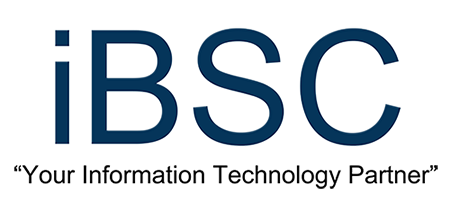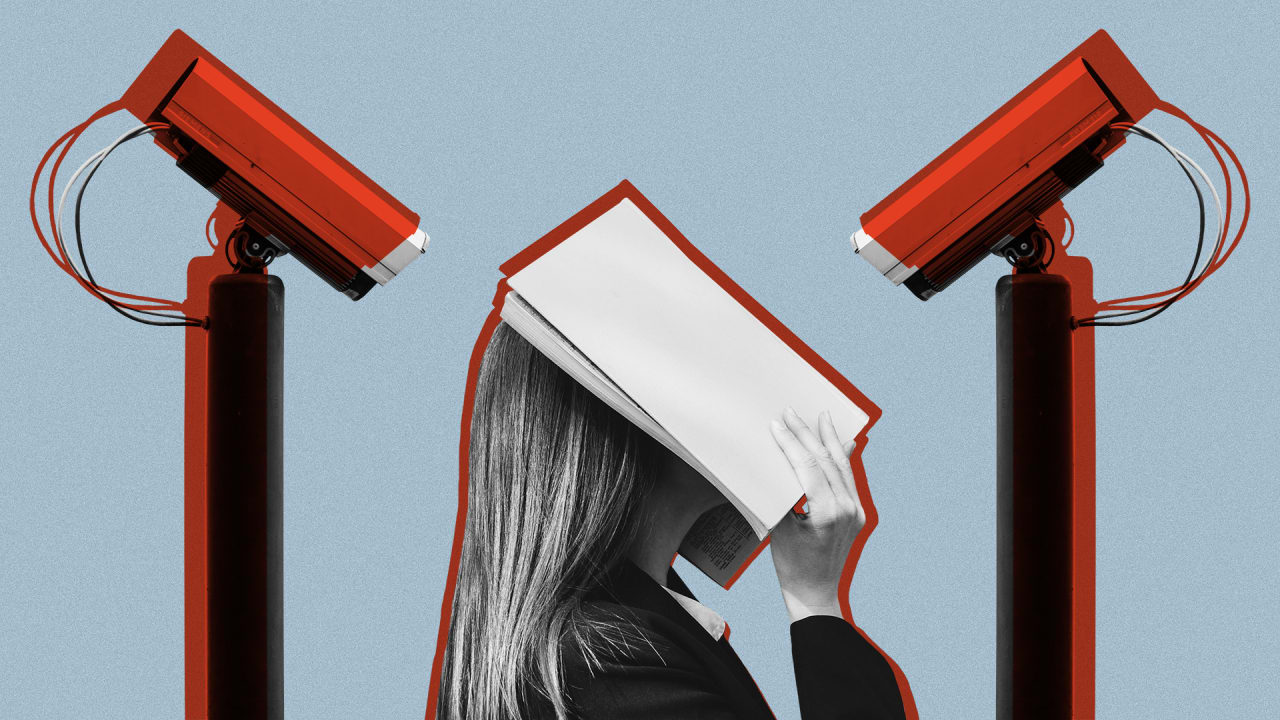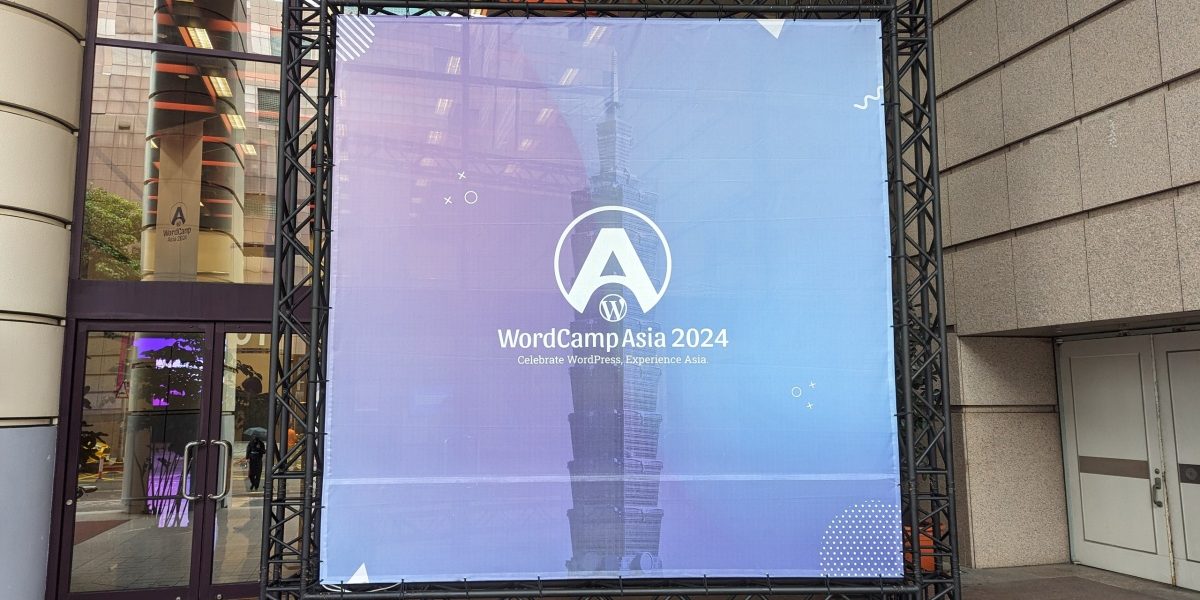Facial recognition technology is spreading through society—used by police in cities like Detroit to identify suspects, for instance, and at retail stores to thwart shoplifters. The tech is also increasingly coming to high schools, spurred by fears of mass shootings and the promise to flag suspicious visitors before they can do harm. Facial recognition has barely made its way onto college campuses, though; and student activists are organizing a national campaign to keep it that way.
“The reason that we’re coming at this so hard and so quickly is because there is really aggressive marketing by facial recognition companies to use scare tactics to get administrations to sign onto this technology,” says Erica Darragh, a national board member of the group Students for Sensible Drug Policy, or SSDP. (A company called FaceFirst, for instance, sells monitoring packages for schools and colleges.)
Darragh, who graduated from the University of North Georgia in 2018, sees the same societal danger inherent in both the war on drugs and in facial recognition—racial bias that disproportionately targets people of color. Several studies, including a brand-new one from the U.S. government’s National Institute of Standards and Technology, show that face recognition performs far better with light-skinned people than with dark-skinned individuals, especially dark-skinned women.
The systemic inaccuracy increases the chances that innocent people will get caught up in facial recognition systems used by law enforcement, say activists opposed to the technology. “This is a racial justice issue, and as an organization committed to racial justice, we have an obligation to ensure that there’s not a digital evolution of the police state,” Darragh says.
Related: Portland plans to propose the strictest facial recognition ban in the country
Her organization is coordinating with tech advocacy group Fight for the Future on a campaign to ban facial recognition on campus. The two organizations collaborated in the past to oppose use of the technology in live events. Entertainment companies AEG Presents and Live Nation considered using face recognition to identify ticket owners and facilitate their access to services or parts of venues, but abandoned the plans in the face of widespread opposition, including from performers such as Rage Against the Machine guitarist Tom Morello.
“Our goal is to stop facial recognition from invading college campuses, the same way we stopped it from ruining music festivals,” says Fight for the Future’s deputy director Evan Greer.
The college campaign includes the expected online petition that’s a staple of digital protests. But the groups have also produced an extensive “toolkit” that walks students through setting up meetings with administrators, forming alliances with other groups, circulating petitions, phone banking, and drafting a face-rec ban resolution (based on the one passed by the city of Oakland last year).
Race and recognition
The national campaign targets students of diverse political persuasions. For instance, it suggests forming coalitions with college groups ranging from the far-left Young Democratic Socialists of America to the libertarian/conservative Young Americans for Liberty. “There is distrust in the system and its sensibility to act in the best interests of society across the spectrum,” Darragh says. “So [opposition to] automating law enforcement via facial recognition is something that a lot of people can come together on.”
SSDP is primarily dedicated to ending the harsh law-enforcement approach to the war on drugs, with an eye to the racial inequality in how drug laws are enforced. Founded in 1998, the group claims 5,000 members at 300 schools. This new campaign with Fight for the Future focuses on the racial inequality in face-recognition tech. “We know that facial recognition algorithms right now are biased and they have shown systematic racial bias,” says Abhinav Dewan, a junior at George Washington University in Washington, D.C., who heads his school’s SSDP chapter.
Dewan and Darragh fear that campus facial recognition systems will rely on biased information from police databases and also contribute yet more skewed information to those databases. Dewan, who is organizing a face-rec ban on his campus, names other concerns as well, such as breaches that could expose student biometric data to hackers. Unlike credit card numbers that can be changed after an attack to render them useless, biometric data like faces are permanent.
Creeping surveillance on campus
Dewan also suggests that face scans could be used for more than security screening and become a means of tracking everywhere people go—creating fear of constant surveillance.
“We don’t really know what facial recognition technology could amount to, and we don’t know the psychological effects of that either,” Dewan says. “But America’s youth shouldn’t be the place to experiment on that, especially America’s youth who are going to try to educate themselves and expand their mind and learn things from multiple perspectives.”
George Washington University does not appear to have any facial recognition technology in place, and scarcely any other U.S. colleges do, either. The campaign organizers primarily cited an example from the University of San Francisco in which security cameras at the entrance to dormitories could scan everyone who goes in. (The program was discontinued in 2016.) Greer says that the campaign will query administrations at 40 “top schools” about their policies on facial recognition tech for a report it will release later—similar to the scorecard it produced for music festivals last year.
This effort to head off facial recognition on campus is brand-new. To date, the coalition lists only two universities where students are organizing to demand face-rec bans: George Washington and DePaul in Chicago. “We all just got back on campus today,” Dewan told me when we spoke on Monday.
But students are already tracked in other ways, such as through the ID badges they swipe or tap to get into dorms or other buildings like the library. On some campuses, the tracking is far more pervasive. The Washington Post recently reported on a company called SpotterEDU that supplies Bluetooth beacons and tracking software to nearly 40 colleges and universities in the United States. The system pings an app on student’s cellphones to track where they go on campus. If a student misses a class, for instance, the system alerts their instructor.
Dewan says he is alarmed by all types of tracking and would like to see clear policies about what data is collected, and how it is handled and retained. But biometric data remains his biggest worry because it is so intimately tied to a person’s identity.




